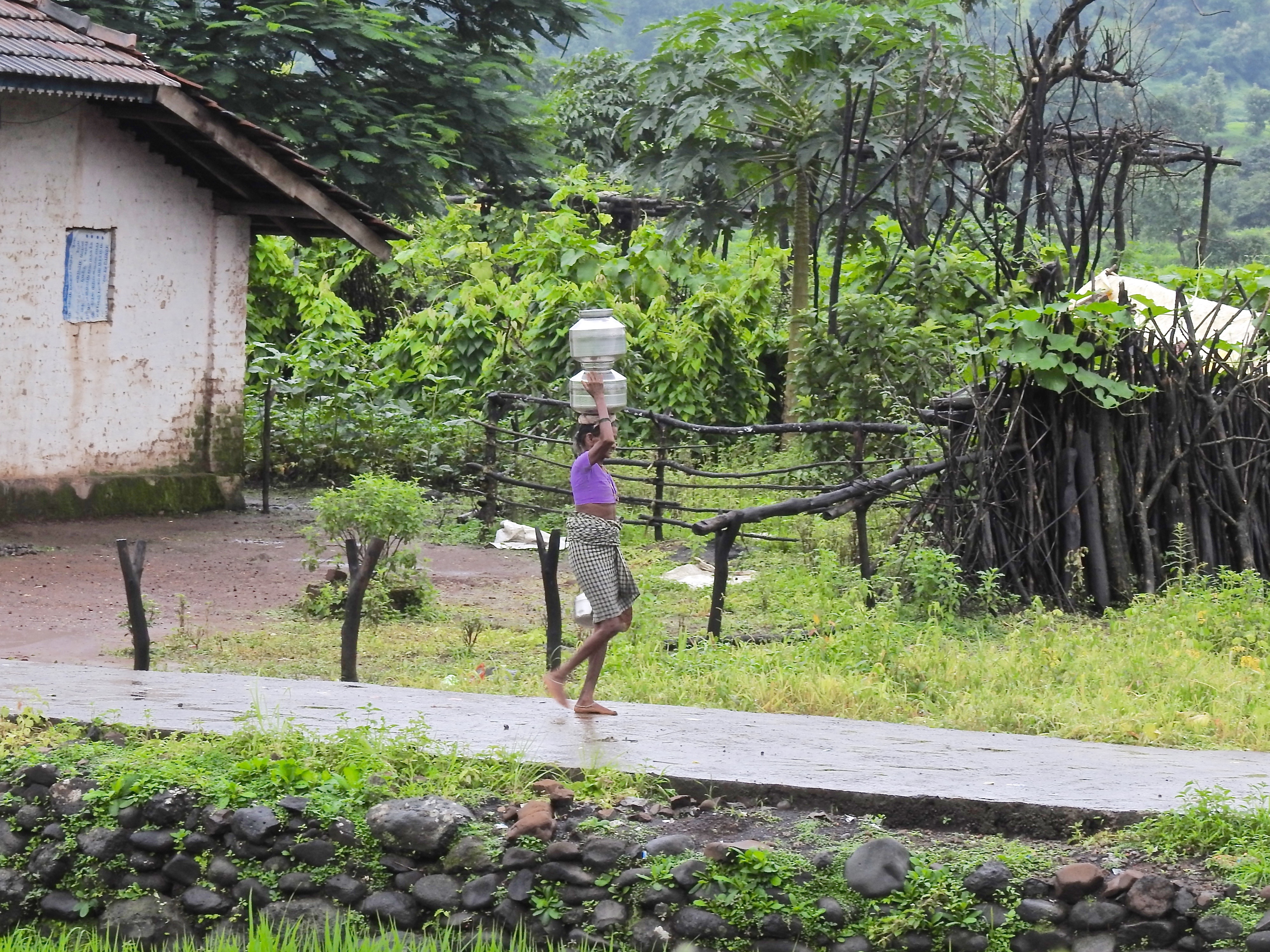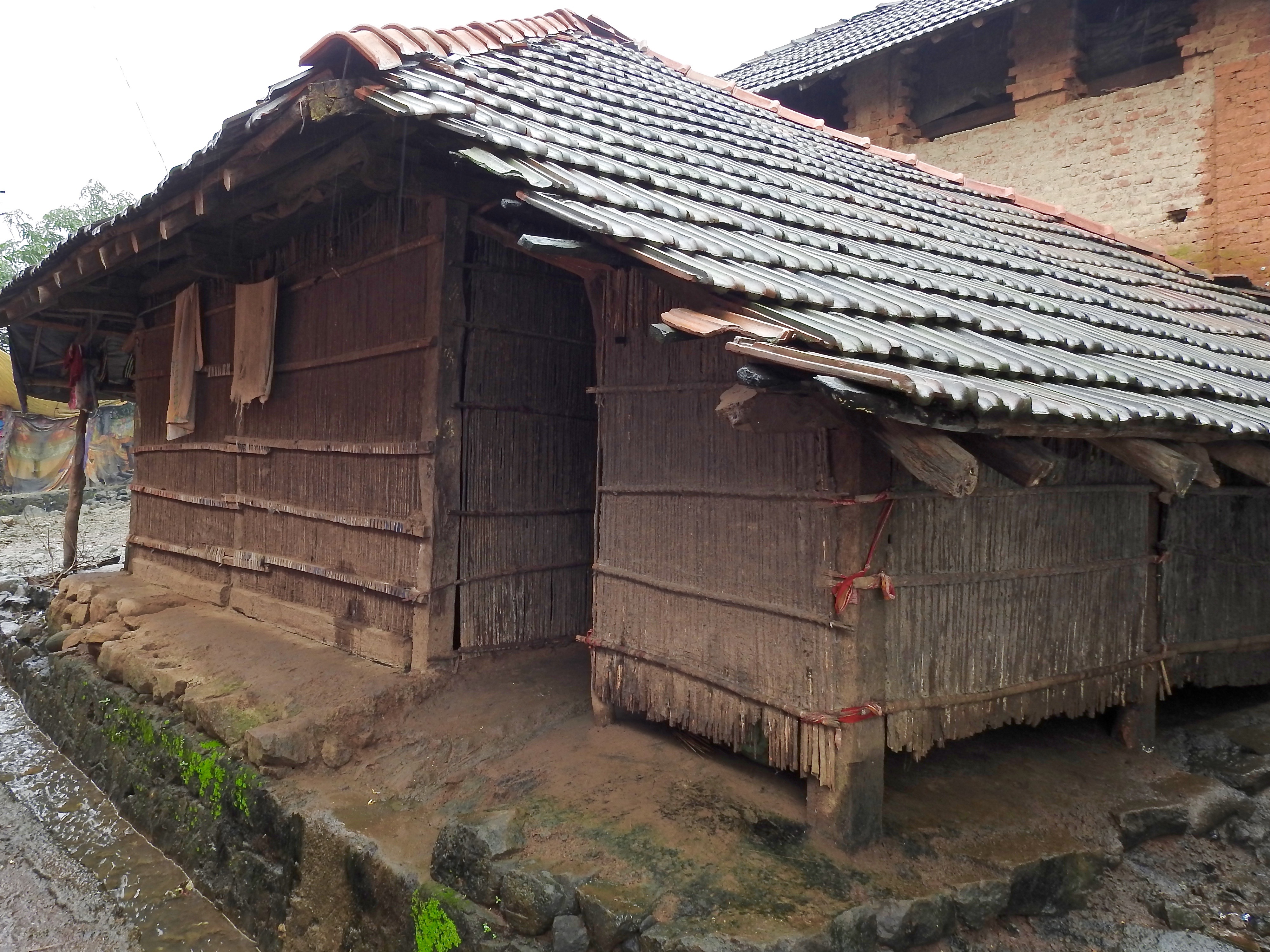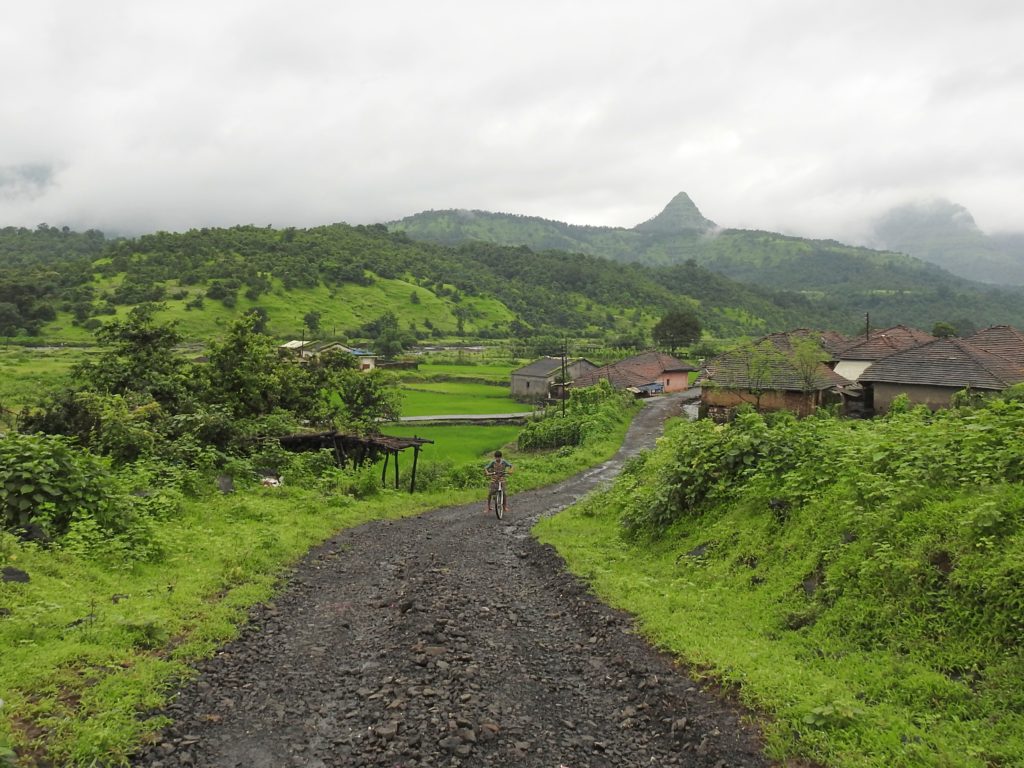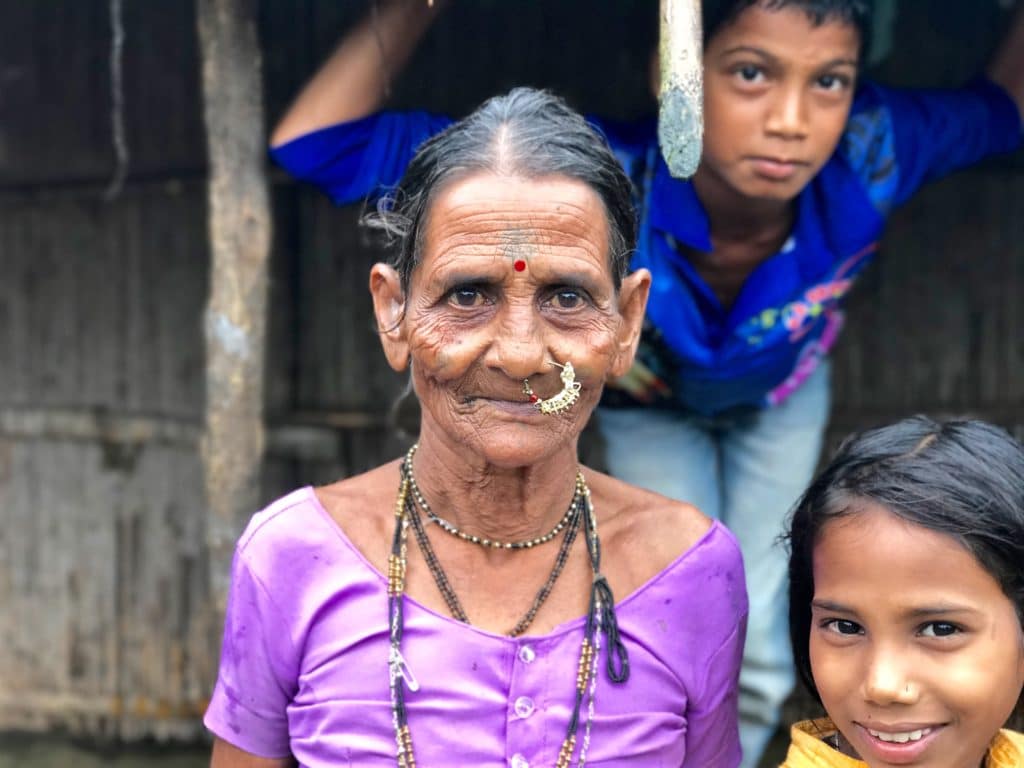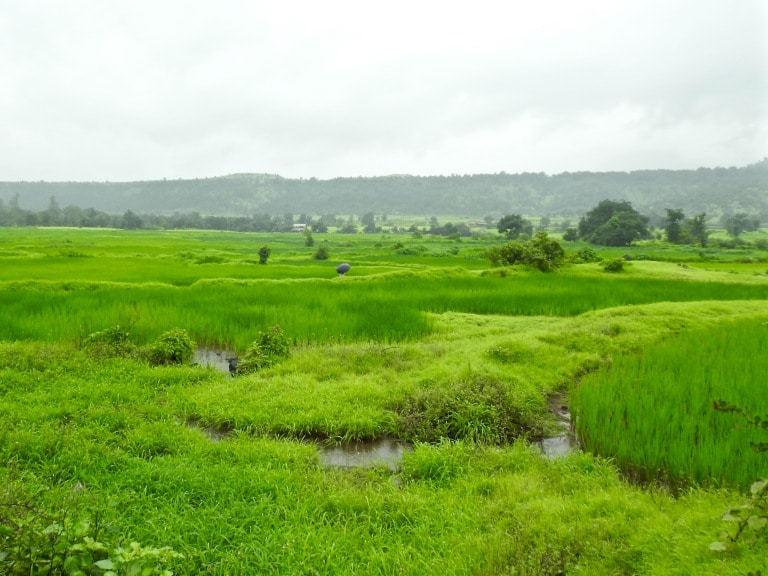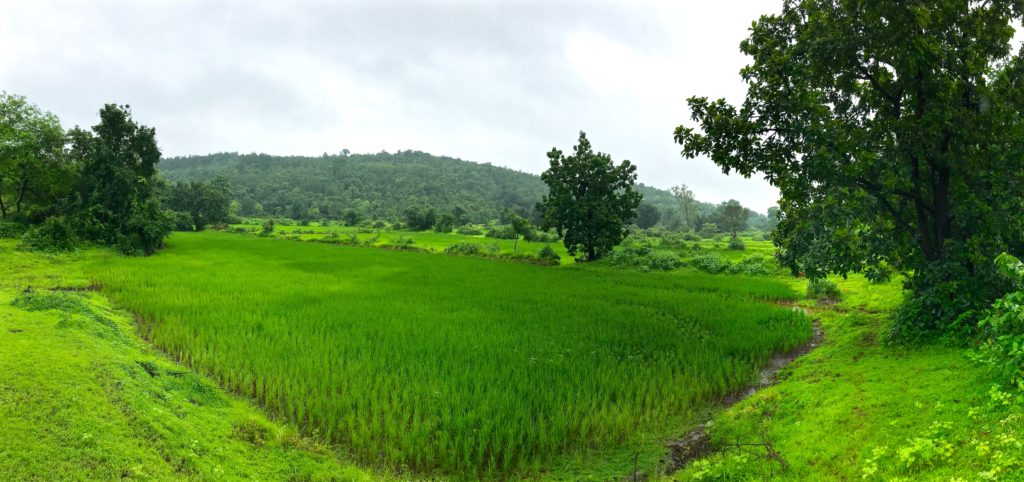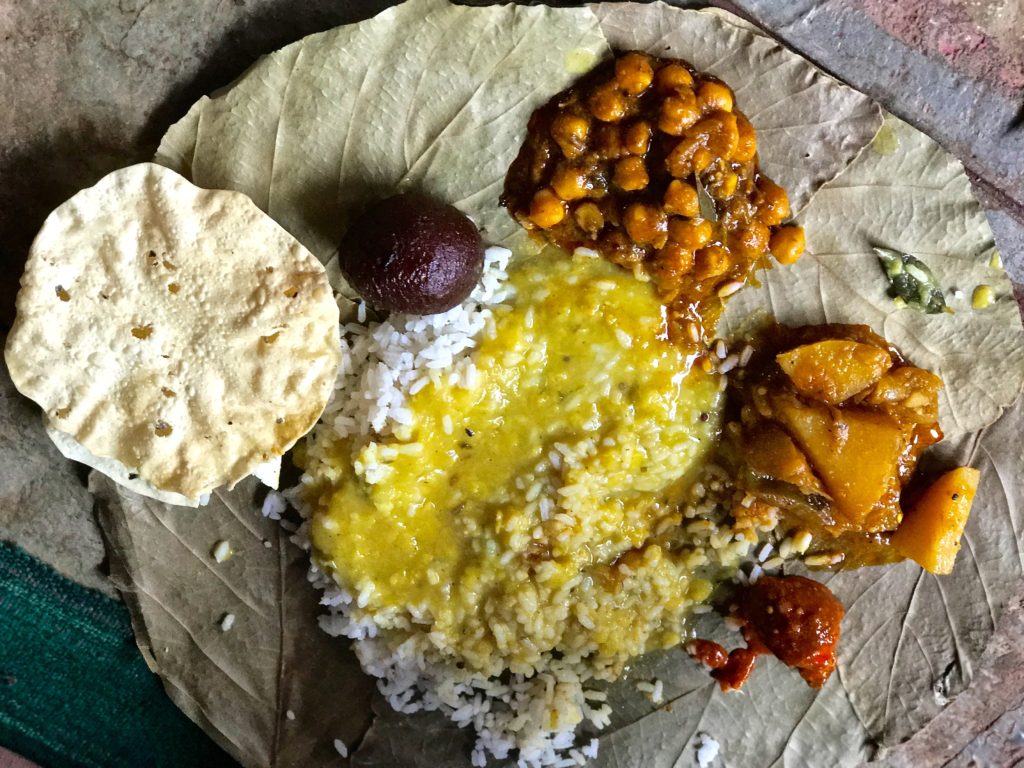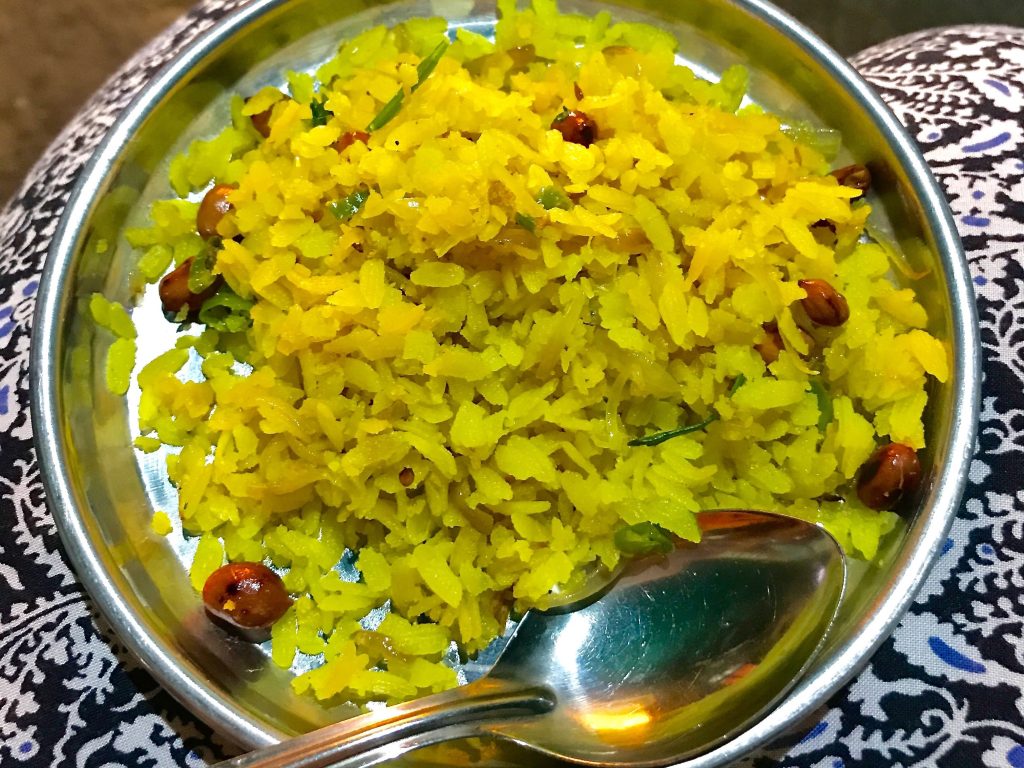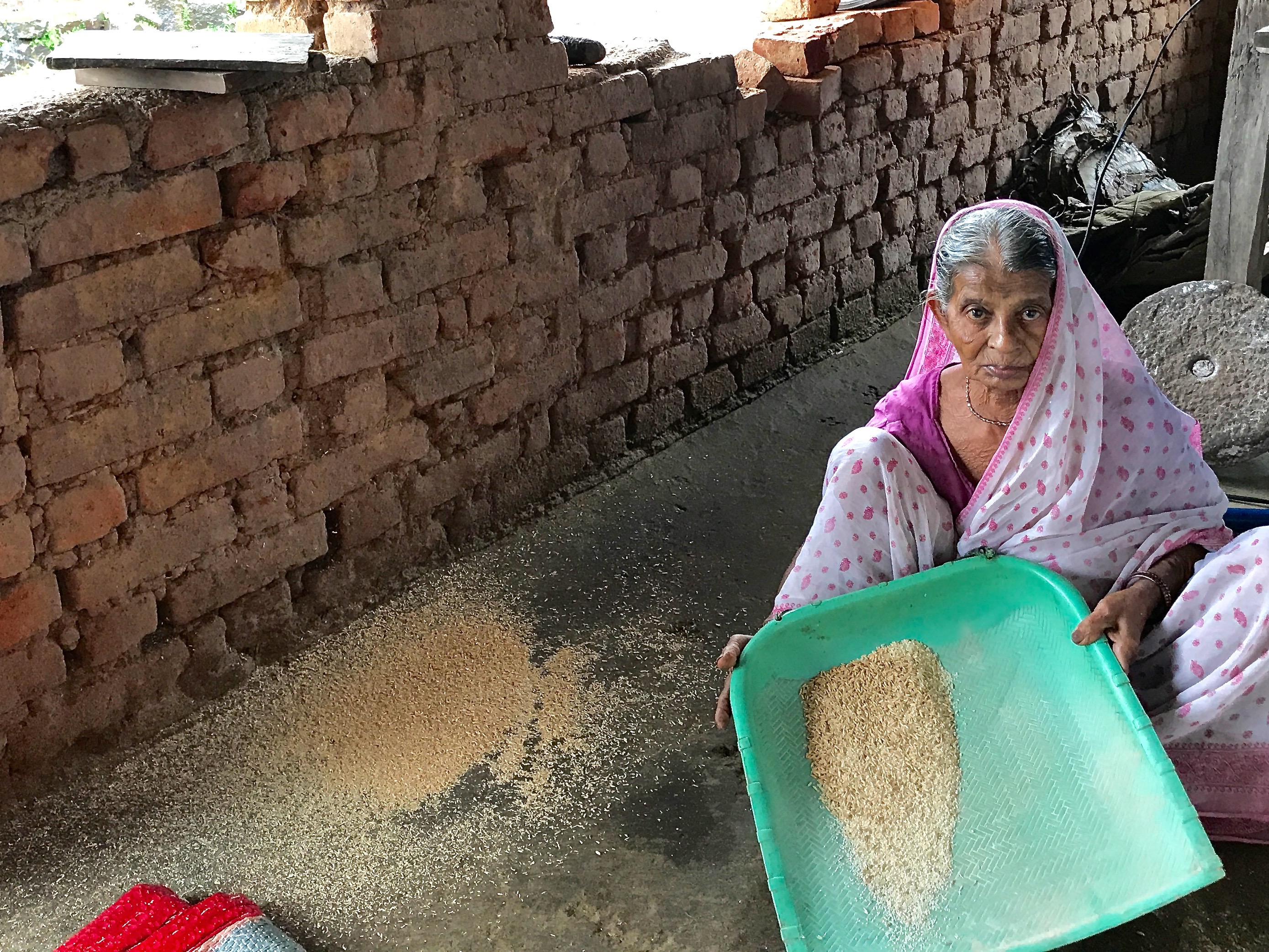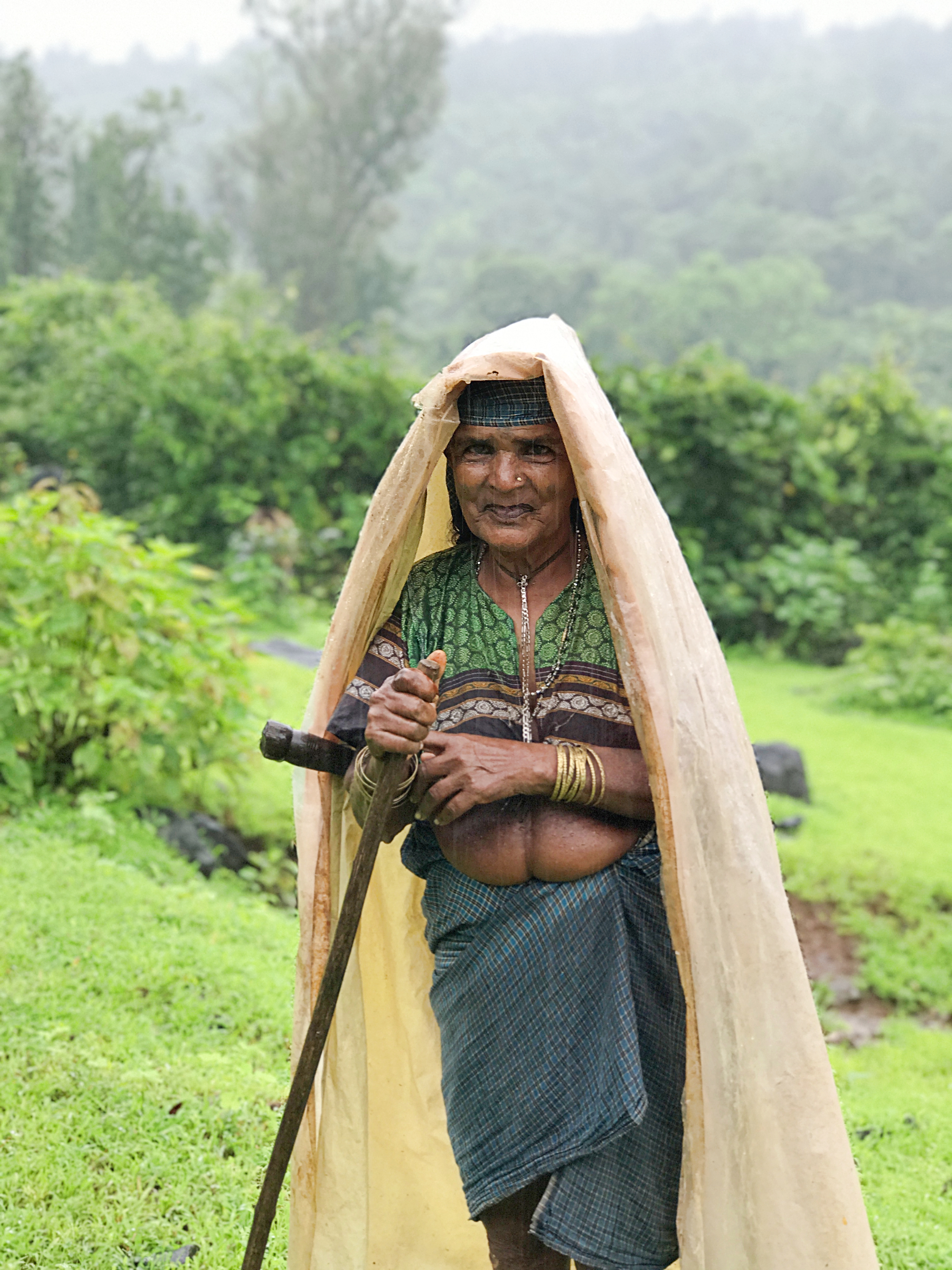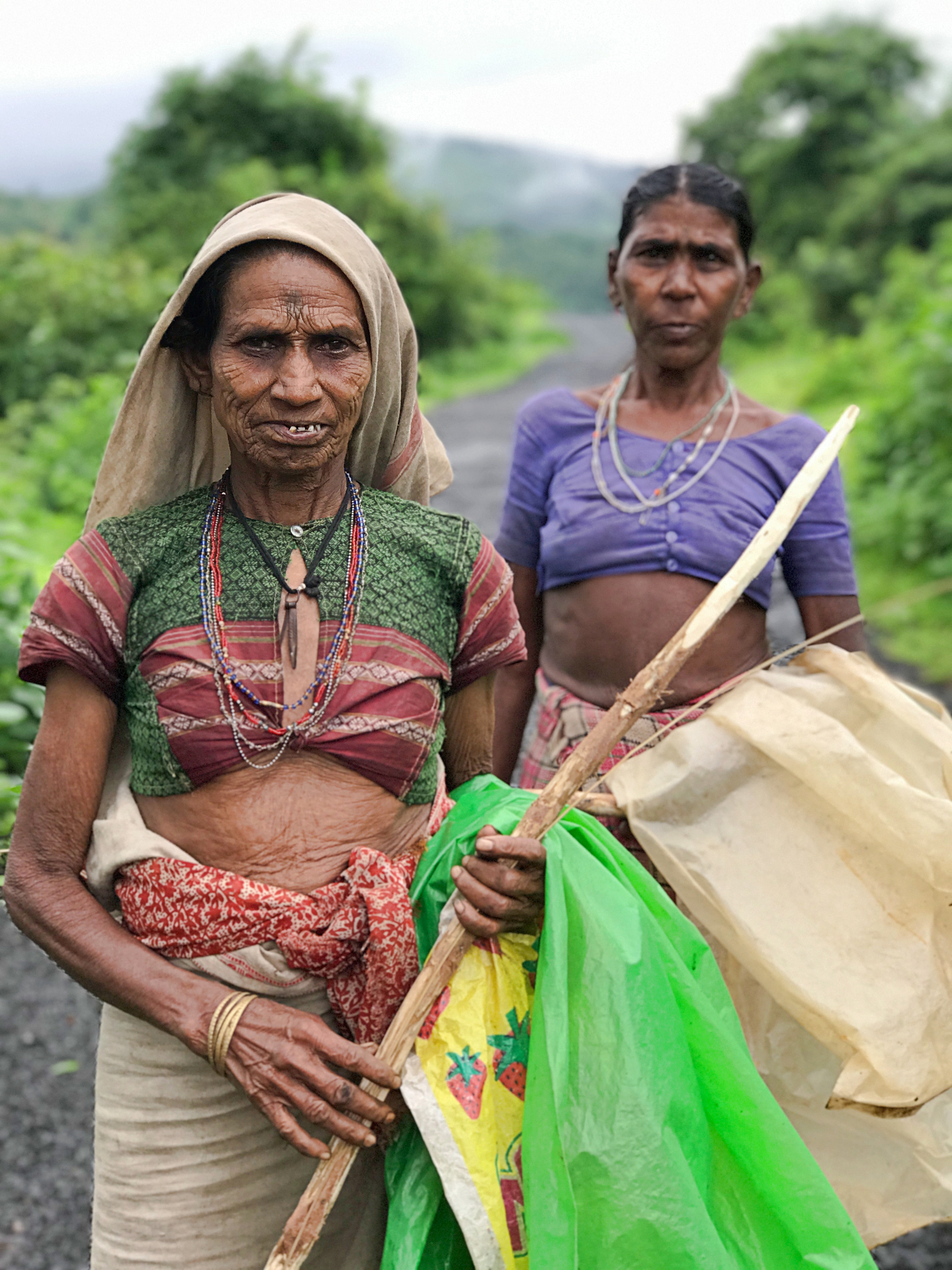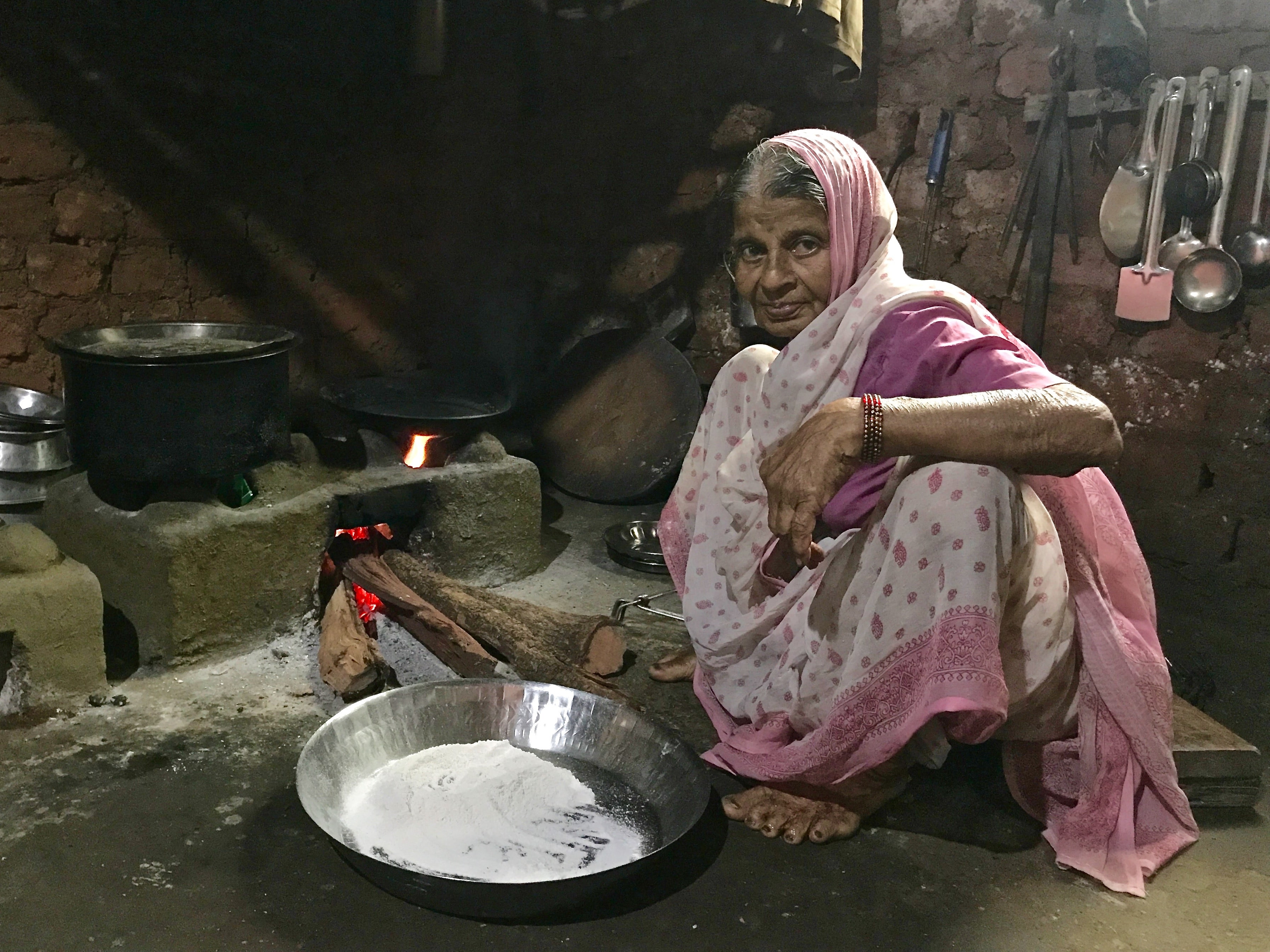My Dehene village guide, Raksha, is a remarkable young girl in her late teens. She could barely contain her excitement as she led me to the spot outside the village, where peafowls from the nearby forest aggregate every morning. Knowing my interest in birds, she affirms, that would have been ‘the’ spectacle to witness!
Rural experiences like these, have been made possible by a Mumbai-based social enterprise and responsible travel company – Grassroutes. Dehene is one of several villages that Grassroutes works with as part of their rural tourism program.
An idyllic village at the foothills of the Sahayadri mountains in the Maharashtra state of India, Dehene is located a mere 120kms from Mumbai. During off-peak hours, it could take anywhere between 3.5 to 4 hours (approx) to get there by car, from the city.
An estimated 70% of India’s 1.23 billion population lives in rural settings and a majority of this rural population is well below the poverty line. The affliation between Grassroutes and Dehene village has created several livelihood opportunities for the villagers – many people in the main village have received training as guides (like young Raksha) and several households are involved in some way with the rural experiences that Grassroutes offers in the village (for e.g homestay hosts, meal preparation etc). This arrangement has enabled the villagers to supplement their agricultural income, and to a large extent, has addressed their need to migrate to cities for work.
There are about 40 Hindu Maratha houses in the main village and the nearby tribal settlement consists of nearly 500 households.
Furthermore, for every tourist visiting Dehene, Grassroutes contributes a specific amount to the village kitty, to be used strictly for welfare initiatives. Grassroutes implements a similar model in all of the villages it works with.
As for me, having lived away from India for almost a decade (I was born and raised in Bombay, now Mumbai), every trip back is an opportunity to learn more about the country of my birth. This day-trip to Dehene turned out to be a great initiation to rural India.
There couldn’t have been a better time to visit Dehene. The southwest monsoon was working its magic on the village, and the hills beyond were bursting with every imaginable shade of green. Dehene is often referred to as the ‘Land of a 1000 waterfalls’ as these mountains are streaked with a multitude of streams gushing down its slopes.
It is heartwarming to see people living in such close harmony with nature. The villagers recognise the nutritional or medicinal value of ‘wild’ plants, build houses with available natural materials, make disposable plates/bowls by stitching-up dried leaves, and so much more. Solutions to so many of our urban problems lie in studying the environmentally-friendly lifestyles of our rural counterparts.
To experience Dehene in a leisurely manner, I would highly recommend an overnight stay. Sadly, I was there only for the day. So no photograph of peafowls for me!
As the old adage goes, ‘A picture is worth a thousand words’. I leave you with these images from my brief (but extremely memorable) time in Dehene village…..
